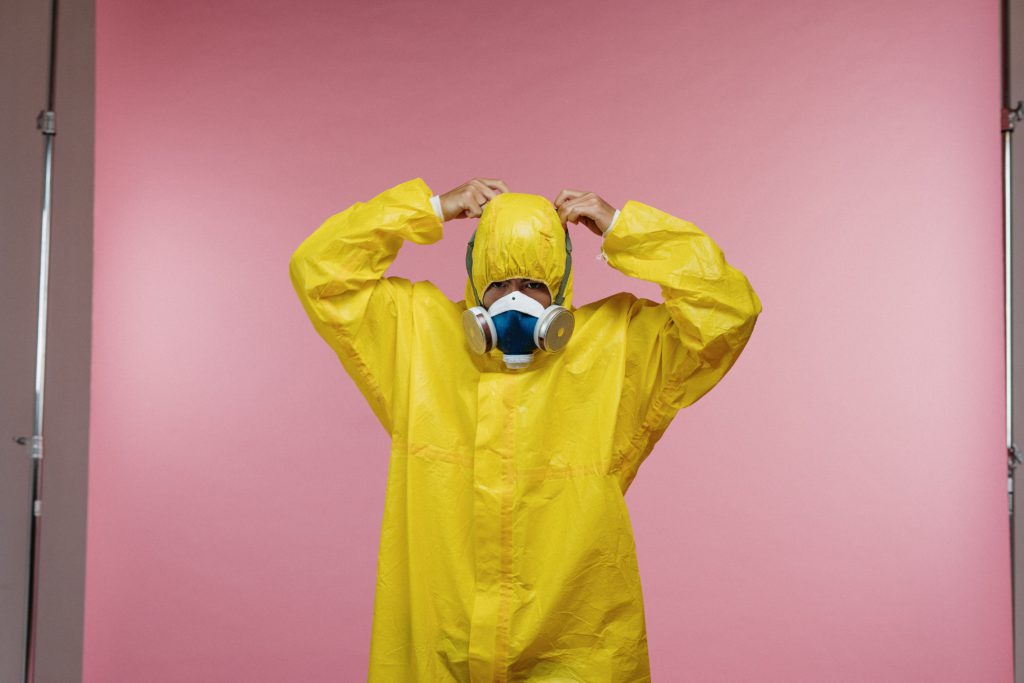
You can have blood drawn for many reasons, but no matter the reason, the blood sample you give has a similar journey to go on. It leaves your exam room and travels either to an on-site lab or another testing site where it is examined for the compounds your doctor wants to analyze.
After that, the blood samples have to go somewhere – they can’t be stored forever in banks that have a limited capacity. Where your blood samples go after testing may not be crucial information for interpreting your results, but you may be curious for personal or even security reasons about what happens to your blood after it’s been tested.
How Specimens are Disposed
Specimens collected for testing purposes, including not only blood but organ tissues, saliva, and more, are disposed of after being examined by the relevant pathologist. There are laws that dictate how the disposal process works to ensure security, safety, and discretion. You may have seen doors or containers labeled as “Bio-Hazardous Waste” and wondered what that means. It’s likely where samples are stored, prior to either disposal or storage.
Any of several methods may be used to dispose of blood samples, including:
Method #1: Incineration
Since blood can contain pathogens, bacteria, or viruses, the most common method of disposing of blood samples is incineration. This converts blood into ashes and gasses that can then be cleansed once more before being thrown away. The goal is to prevent an accumulation of human blood outside of a controlled facility as well as to prevent the spread of potential diseases.
Method #2: Bleaching
The bleaching method involves disinfecting blood samples through chemical means, rendering them non-hazardous.
Method #3: Autoclaving
Autoclaving uses high-pressure steam produced by a special chamber to forcefully sterilize your blood sample. The steam kills residual pathogens and turns the blood into an environmentally friendly disposable material. These same methods are used to melt down and reuse plastic.
Method #4: Microwaving
Microwave treatments are a newer method of blood disposal. Radiation from the waves theoretically deactivates any hazardous material in the samples and makes it fit for disposal. This method is still emerging and would not likely be the one used to dispose of your sample.
Are All Blood Samples Disposed Of?
Depending on what tests are conducted on your samples, they may need to be stored differently and for varying lengths of time. Some donated specimens, such as blood donations or organs, may be stored indefinitely for transplants, so many labs have the facilities to store your samples until the doctor no longer needs them to be re-examined.
Sometimes, samples that are submitted for further study travel to “biobanks,” which are facilities (often government-run) that store and study samples for research. Companies can buy material for testing purposes, such as cancer research or medication testing. The samples will be labeled with identifying information such as the person’s age, gender, diagnosis, and so on.
So you may be wondering whether you have control over what happens to your samples. The short answer is that blood samples are most often disposed of after testing but can sometimes be used for further testing outside of your knowledge. According to common law, you lose any legal claim to the material once it’s removed from your body, so this additional testing would be out of your control.
The Takeaway
Blood samples are commonly disposed of through incineration or other sterilization methods. Medical facilities take care to protect your privacy as well as to protect the safety of the environment by disposing of bioactive materials cautiously.
You will not be able to control the location or disposal method of your sample, but testing labs always keep your information confidential. The disposal methods used will be those that most effectively and safely render your samples pathologically inactive so they can be disposed of without harming the environment or spreading diseases.
Speedy Sticks is a mobile concierge phlebotomy service that provides at-home blood draws and on-site diagnostic/health screenings for businesses and individuals. These include blood tests, which can be performed by one of our specialists. Book an appointment today to complete your exam.
*This content is for informational purposes only and is not meant to replace consulting with a healthcare professional. Please consult with your primary care physician or healthcare provider before engaging in any services offered by Speedy Sticks.
**These are approximations, and experts disagree on some values. Consult your healthcare provider for recommendations suitable for you. It is also important to ensure the levels are given in the same measurements, such as mg/dL, etc.





